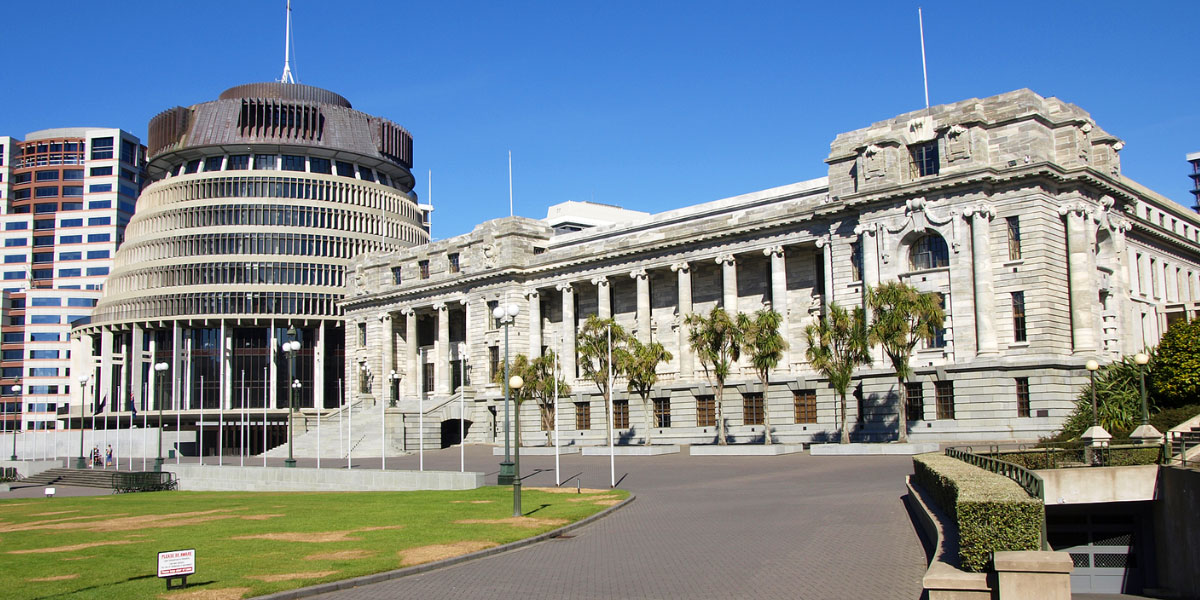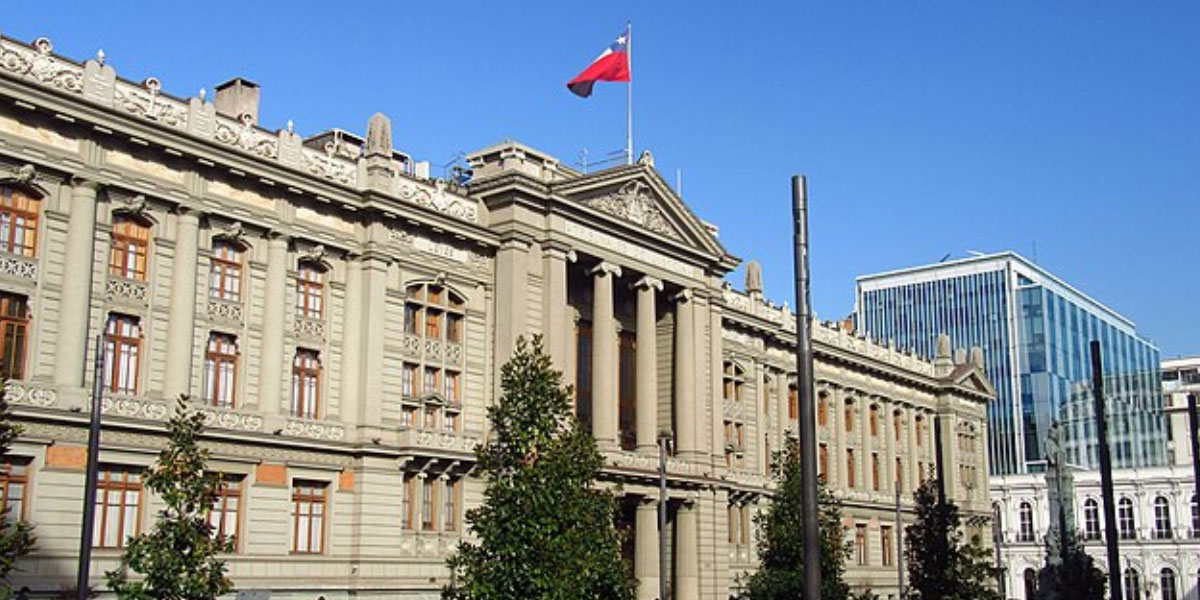On 1 and 3 June 2022 the WTO is carrying out a trade policy review of New Zealand. A report has been issued by the WTO Secretariat as a basis for the review.
The report notes that New Zealand considers trade as very important for its prosperity. Real GDP grew on average by 3.4% annually between 2015 and 2019, but there was a large fall in GDP in the second quarter of 2020 during the crisis caused by the pandemic. Following a recovery of activity in the second half of 2020, real GDP growth rate in 2021 is projected to be 5.1%, supported by strong domestic demand.
During the review period 2015 to 2021, New Zealand developed a new trade strategy, the Trade for All Agenda, following public consultation. This Agenda aims to ensure that trade policy is supportive of other government policies contributing to sustainable and inclusive economic development.
In June 2020, New Zealand also adopted the Trade Recovery Strategy. This broadens the support for exporters; aims to strengthen and reform the WTO and conclude trade agreements; and renews important trade relationships to further diversify trade. Since 2015, New Zealand has concluded four new regional trade agreements (RTAs), adding to its network which now consists of 13 RTAs involving 29 economies, including Australia, China, and Japan. The new four RTAs in force are the free trade agreement (FTA) with the Republic of Korea; the Pacific Agreement on Closer Economic Relations Plus (PACER Plus); the Comprehensive and Progressive Agreement for Trans-Pacific Partnership (CPTPP), and the Regional Comprehensive Economic Partnership (RCEP).
In addition, New Zealand signed an FTA with the United Kingdom in February 2022, and further RTAs are being negotiated with the European Union, India, and the Pacific Alliance (Chile, Colombia, Mexico, and Peru).
Foreign investments in New Zealand are generally permitted without restrictions. Exceptions apply for investments involving assets deemed to be sensitive, which are subject to approval following a screening process; and to investments involving businesses considered strategically important.
New Zealand has updated its customs legislation since the previous trade policy review. Import and export procedures, customs valuation regulations, appeal mechanisms and import/export prohibitions, restrictions and licensing are regulated through the Customs and Excise Act 2018. The 2018 Act makes the customs regime more transparent, provides for a number of new services and aims to make it easier for traders to do business.
In recent years the main export promotion agency, New Zealand Trade and Enterprise, has been given more resources to support trade recovery following the pandemic. New Zealand provides various types of incentives to firms to facilitate innovation and capacity building.
Since its last Review, New Zealand acceded to four new World Intellectual Property Organisation (WIPO) treaties and to the Paris Act (1971) of the Berne Convention. New IP commitments have been taken on through the FTAs, and several IP laws have been amended or adopted.
Hydrocarbons are still New Zealand’s main source of primary energy, but energy efficiency is a high priority for the authorities. A number of strategic plans, and an emission trading system, were established during the review period to help reach environmental targets at domestic and international levels. New Zealand aims to transition to net zero carbon emissions by 2050.














